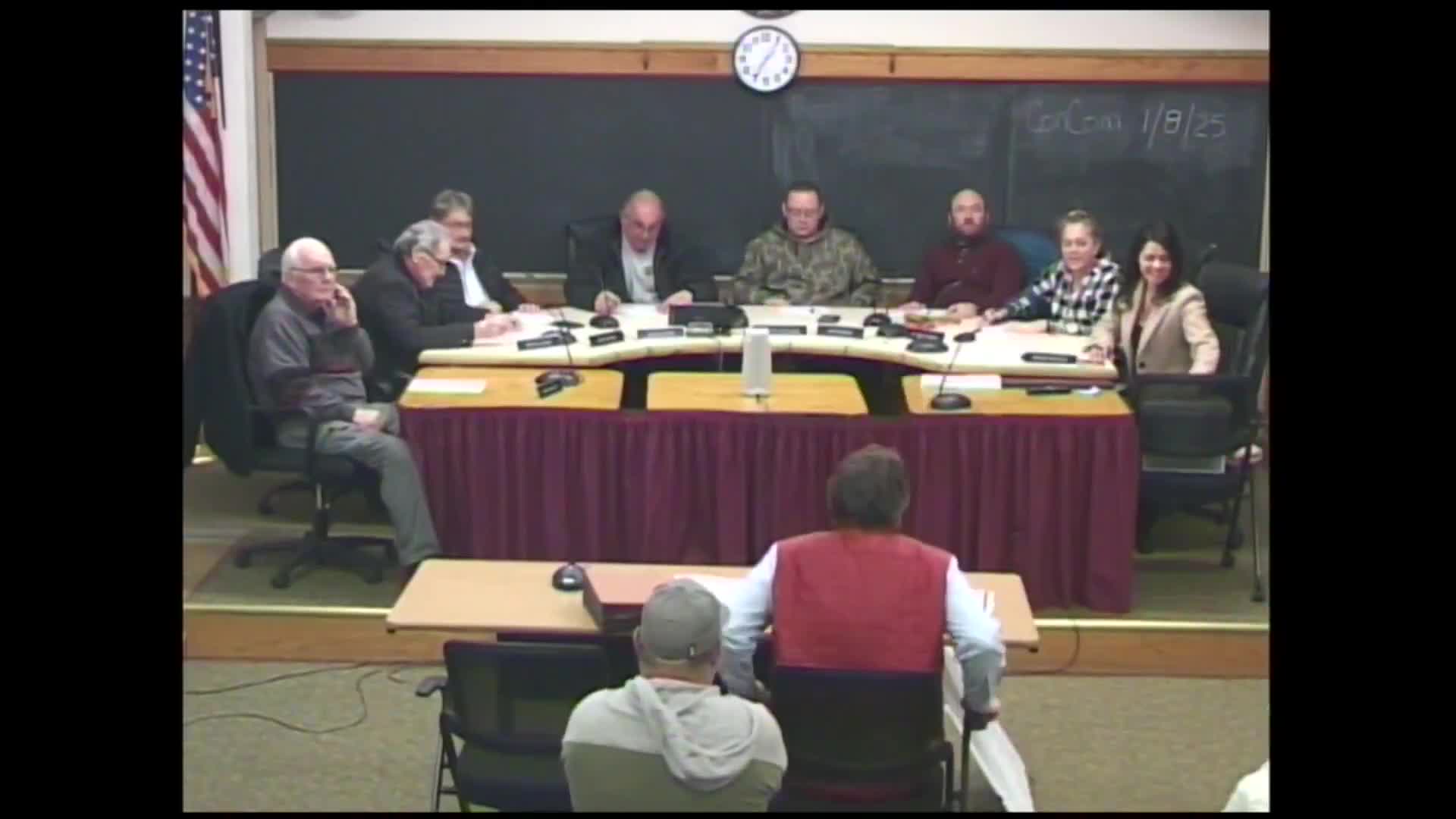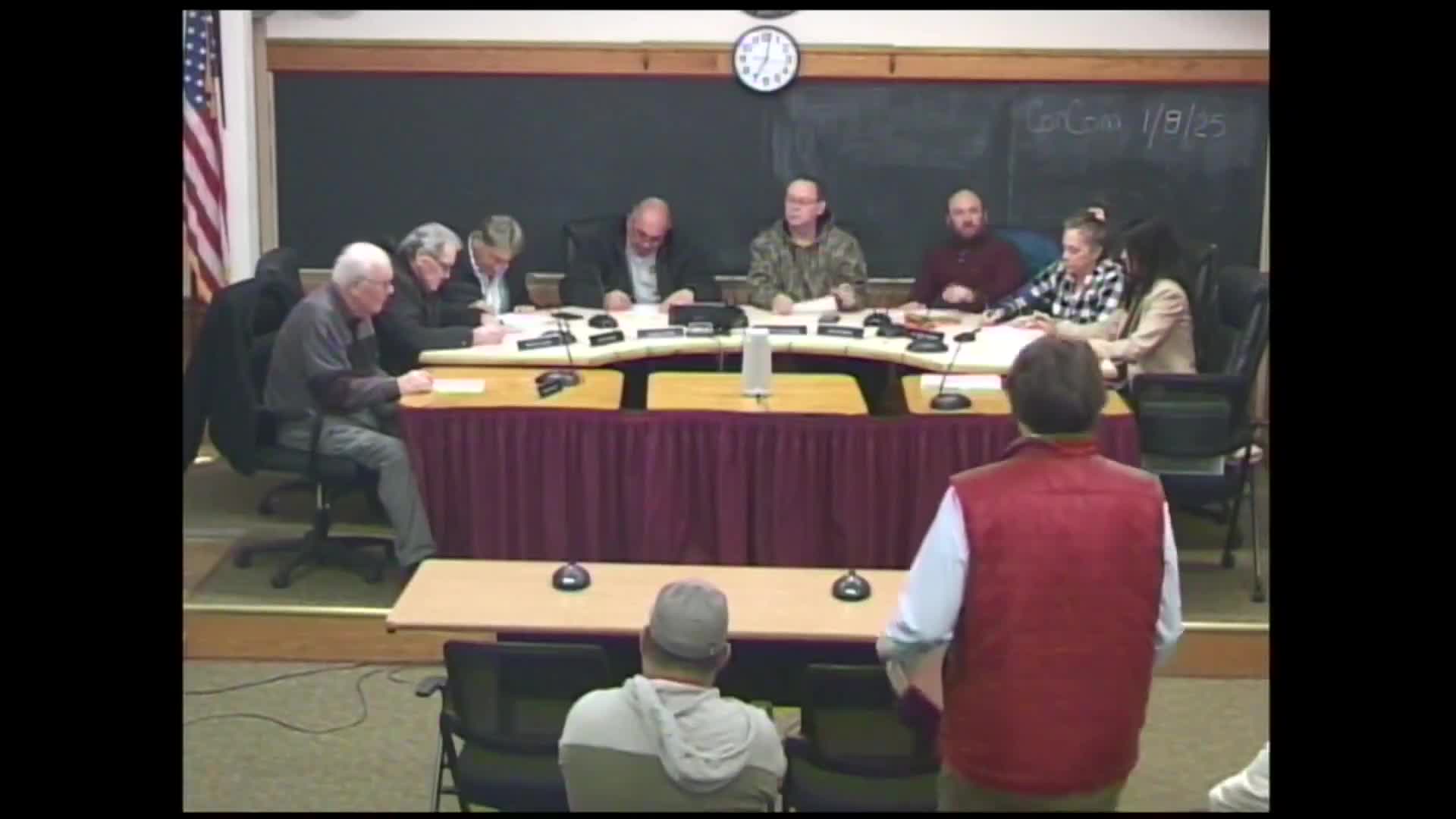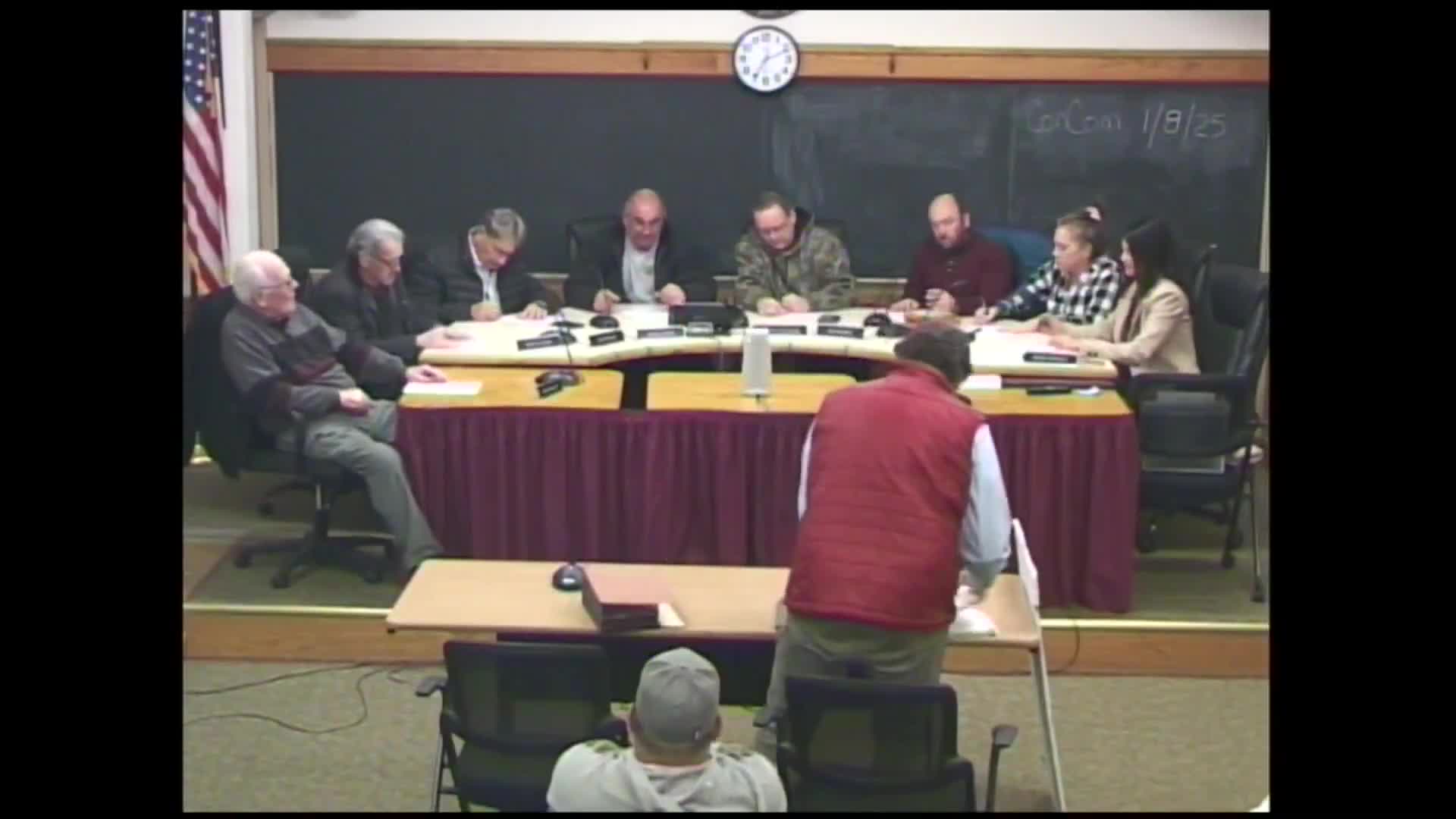Article not found
This article is no longer available. But don't worry—we've gathered other articles that discuss the same topic.

Commission approves Order of Conditions for septic repair at 35 Leland Drive with conditions

After-the-fact well replacement at Cravenymeadow Shore Road presented to commission; public hearing closed

